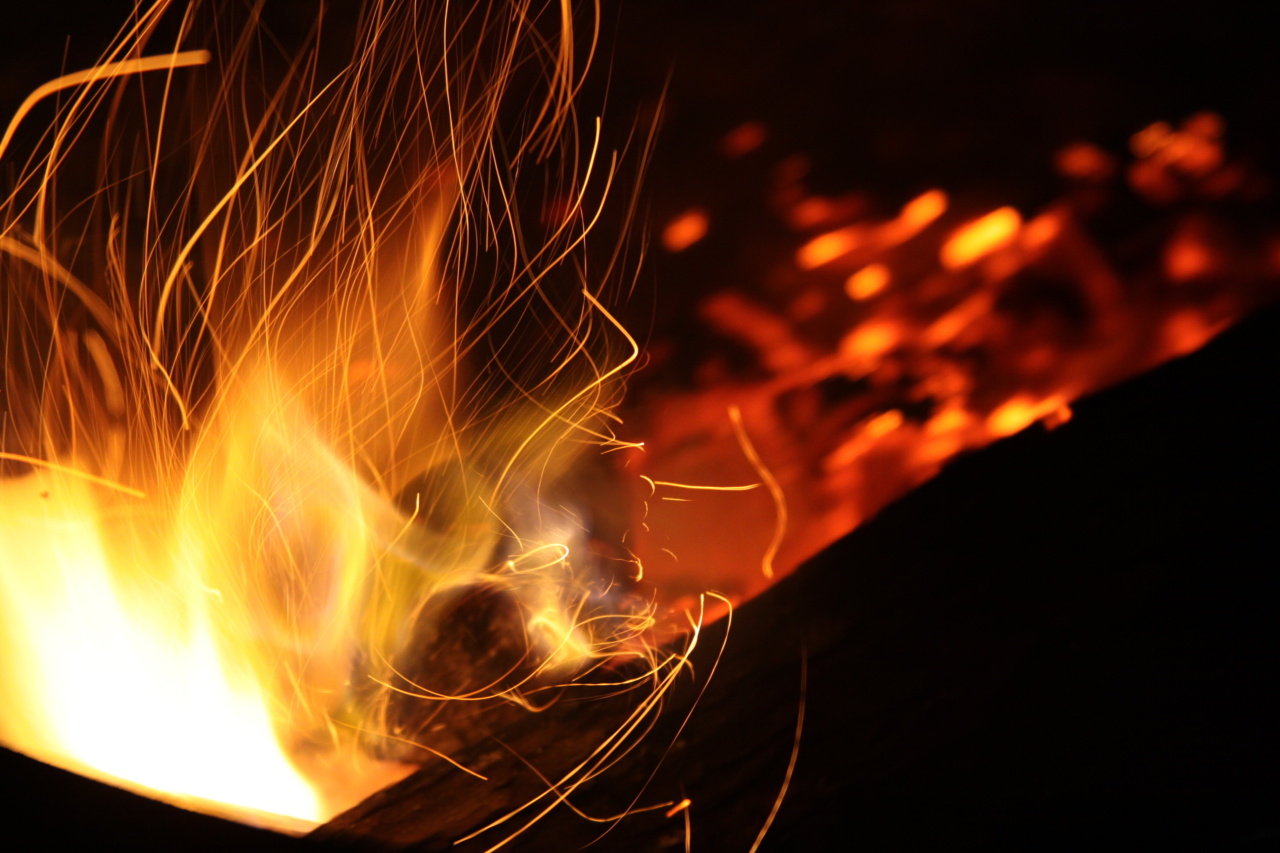Hemorrhoids, also known as piles, can be a painful and troublesome condition for many individuals.
While there are various factors that can contribute to the development and worsening of hemorrhoids, one question that often arises is whether heat has a role in causing these flare-ups, especially during the hot summer months. In this article, we will explore the relationship between heat and hemorrhoids and discuss some preventive measures to help you keep these uncomfortable symptoms at bay during the summer.
Understanding hemorrhoids
Hemorrhoids are swollen and inflamed blood vessels located in the lower rectum and anus. They are classified as either internal or external, depending on their location.
Internal hemorrhoids occur inside the rectum, while external hemorrhoids develop under the skin around the anus.
The exact cause of hemorrhoids is not always clear, but certain factors can increase your risk of developing them. These include a sedentary lifestyle, chronic constipation or diarrhea, straining during bowel movements, obesity, pregnancy, and aging.
Heat and hemorrhoids: Is there a connection?
Heat itself does not directly cause hemorrhoids, but it can exacerbate existing symptoms and contribute to flare-ups. Increased temperature and humidity, common during the summer season, can lead to several factors that worsen hemorrhoidal symptoms:.
1. Dehydration
Hot weather can cause excessive sweating, leading to dehydration if fluid intake is not sufficient. Dehydration can make the stool harder, leading to constipation, which is a known trigger for hemorrhoids.
It is important to stay well-hydrated by drinking plenty of water, especially during the summer months.
2. Sweat and moisture
Excessive sweating in the heat can create a moist environment around the anal area. Moisture can irritate and inflame hemorrhoids, causing itching, discomfort, and swelling. It is essential to keep the area clean and dry to minimize symptoms.
3. Prolonged sitting
During summer, many individuals find themselves spending more time sitting, whether it be at outdoor gatherings, barbecues, or long car rides to vacations.
Prolonged sitting can put increased pressure on the rectal area, leading to the development or worsening of hemorrhoids. Taking breaks, using cushions, and practicing regular stretching and exercise can help alleviate this pressure.
4. Dietary factors
Summertime often involves indulging in barbecues, ice cream, and other treats. Consumption of spicy foods, alcohol, and caffeine, which are known irritants to the digestive system, can trigger hemorrhoidal symptoms.
It is important to maintain a balanced diet high in fiber to regulate bowel movements and reduce the risk of hemorrhoids.
Preventive measures and relief
While it may not be possible to completely prevent hemorrhoids, especially if you are prone to them, you can take several measures to reduce the risk of flare-ups during the summer:.
1. Stay hydrated
Drink plenty of water and fluids throughout the day to maintain good hydration. This helps soften the stool and makes it easier to pass, thus reducing strain during bowel movements.
2. Maintain good hygiene
Keep the anal area clean and dry. Gently clean the area after bowel movements using unscented, non-alcoholic wipes or plain water. Avoid using harsh soaps or wipes with fragrance, as they can worsen irritation.
3. Avoid prolonged sitting
If your activities necessitate sitting for extended periods, try to take breaks and move around every 30 minutes. Use cushions or pillows to relieve pressure on the rectal area.
4. Follow a high-fiber diet
Ensure your diet is rich in fiber from sources such as fruits, vegetables, whole grains, and legumes. Fiber adds bulk to the stool, making it easier to pass and reducing the need for straining during bowel movements.
5. Use over-the-counter treatments
If you experience discomfort, itching, or inflammation, over-the-counter hemorrhoid creams or ointments can provide temporary relief. However, it is important to follow the instructions and consult a healthcare professional if symptoms persist.
6. Avoid triggering foods
Identify and avoid foods that can trigger hemorrhoidal symptoms, such as spicy foods, alcohol, caffeine, and processed foods. Opt for a diet rich in fiber, which promotes healthy bowel movements and reduces the risk of constipation.
When to seek medical advice
In most cases, hemorrhoids can be effectively managed with home remedies and lifestyle changes.
However, it is important to consult a healthcare professional if you experience persistent bleeding, severe pain, or if your symptoms do not improve despite conservative management. These symptoms may require further evaluation and treatment.
Conclusion
While heat itself does not directly cause hemorrhoids, it can contribute to the worsening of symptoms and flare-ups.
During the summer season, it is crucial to stay hydrated, practice good hygiene, avoid prolonged sitting, maintain a high-fiber diet, and use over-the-counter treatments when necessary. By taking these preventive measures, you can minimize the discomfort and inconvenience associated with hemorrhoids and enjoy the summer to the fullest.































